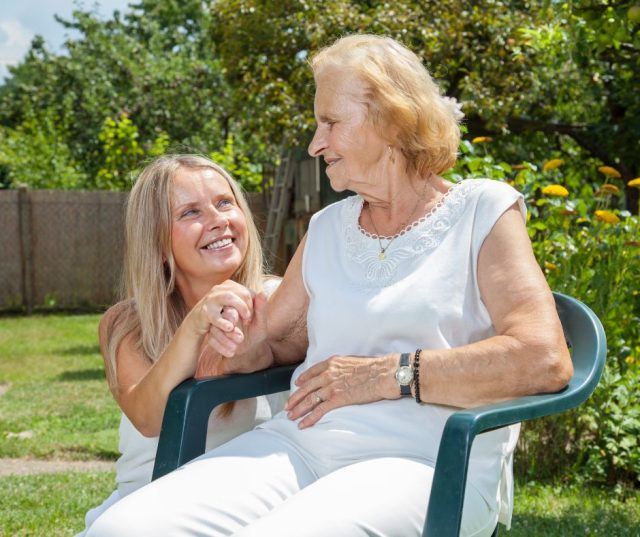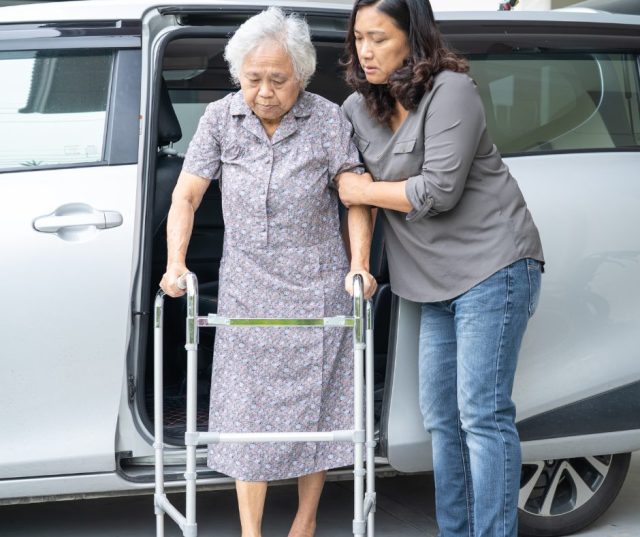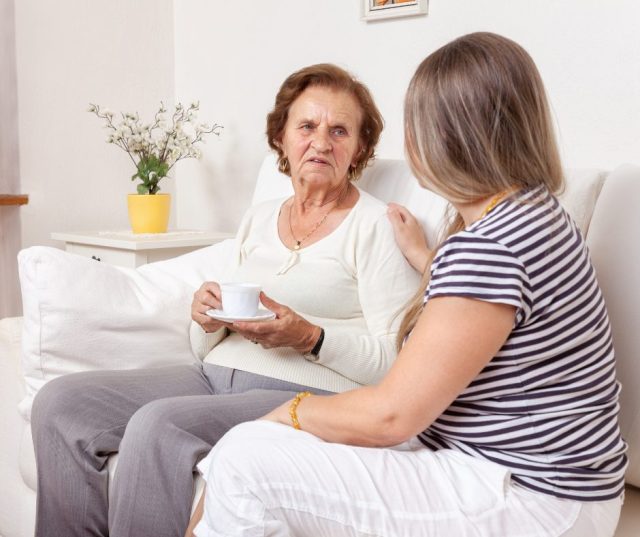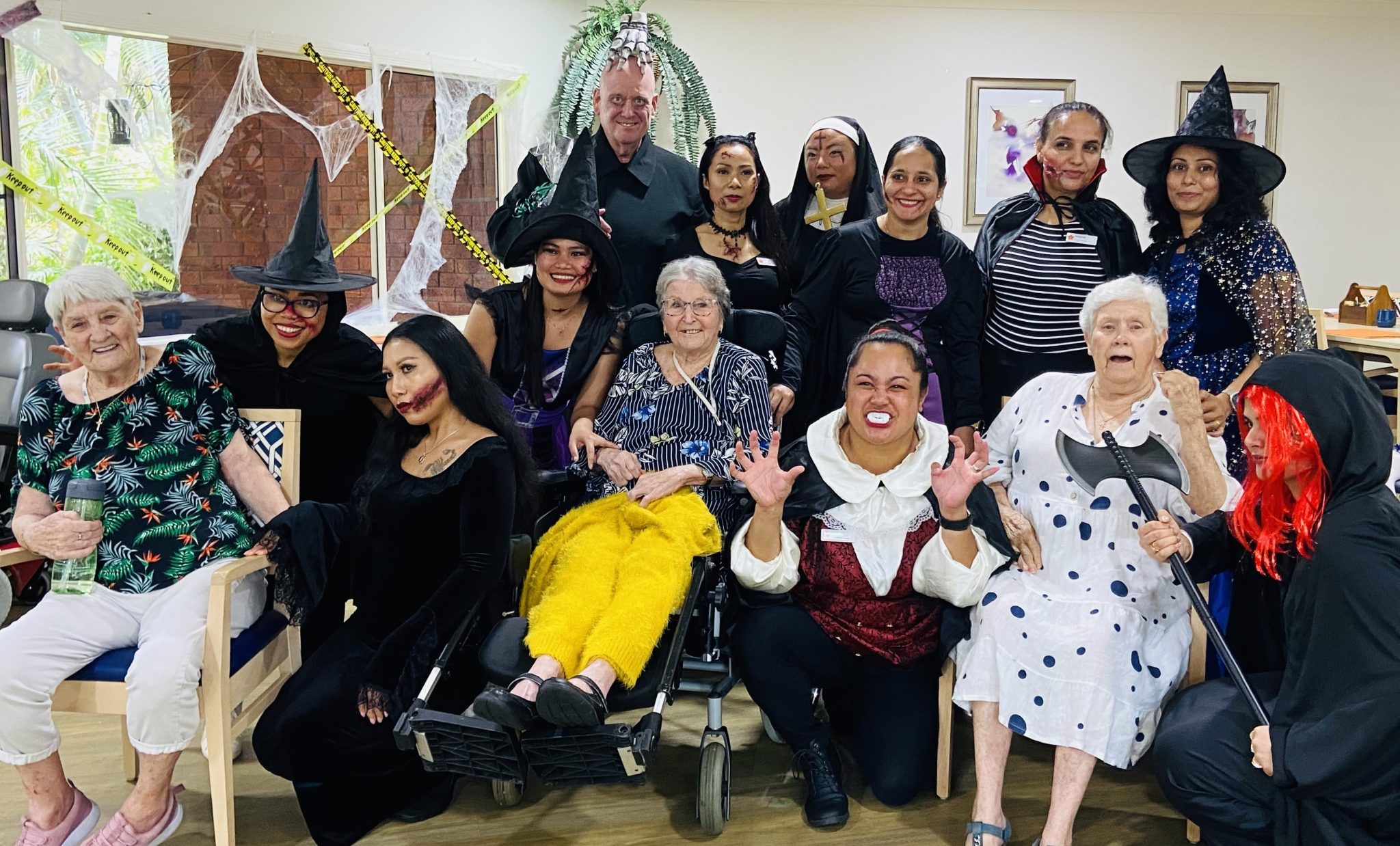“I love my mum, but caring for her, and managing the kids, work, and the house is just exhausting”.
“I don’t mind caring for Dad, but I miss having time for myself”.
These are the kinds of thoughts that carers will probably think but not voice. It is a challenging and often thankless job, and it can be hard not to feel guilty admitting the challenges.
It has been well documented that people responsible for the care of a relative often don’t ask for help when they are finding the going difficult. If you have a carer in your life and want to support them to stay mentally and physically healthy, it is vital that they find support to avoid carer burnout.

What is carer burnout?
Carer burnout is a condition in which a person in a caring role experiences chronic mental or physical exhaustion from the effort of juggling caring responsibilities and other demands on their time. Experiencing carer burnout doesn’t mean they are selfish or don’t want to help. Far from it. Even the most compassionate and loving person can experience burnout when in a caring role due to the heavy demands it can place on their emotions and energy.

How do I help them avoid carer burnout?
The easy answer is “find support”. Often, carers don’t ask for support because they don’t know who to ask or what to ask for. Support is available, however, and below we’ve listed some ideas for how to go about finding the proper support for their situation.
“I feel isolated. I need support from other people in the same situation”.
Many carers experience social isolation due to the demands of caring. Consider exploring whether there is a peer support group for carers in their area. If there are no in-person groups close by, try online – there are many social media groups where carers can share their experiences. The Australian Government’s Carer Gateway runs an online forum for carers who want to connect with others in a similar situation.
“I don’t understand what’s going on with my loved one. I need support to understand their diagnosis/behaviour changes”.
It is important for carers to understand the causes of their loved one’s behaviour and how best to help. You could suggest to the carer that they book an appointment with the person they care for and their treating health professional and ask for more information. Alternatively, they can search for information from an organisation that is focused on their loved one’s diagnosis. Dementia Australia and Parkinson’s Australia are two such organisations that can help carers learn more about what their loved one is going through.

“Circumstances have changed. I need support with finding services to help us”.
If they are new to caring or have suddenly found themselves in a caring role, trying to manage their loved one and the Aged Care system can be overwhelming. Services Australia is an excellent place to start to find out how to assess their loved one for the services that will best help them, whether in-home support or a residential Aged Care placement.
“I’m exhausted all the time. I need support with managing day-to-day”.
If the carer in your life sounds like this, they could be approaching carer burnout. It might be time to consider a Short-Term Care service to give them a break and allow them to care for their own needs. Short-Term Care is a short-stay option that allows their loved one to be cared for in a safe and friendly environment. While their loved one is being looked after, the carer can spend some time reconnecting with what brings them joy and tending to their other responsibilities. Short-Term Care can cover a few days, up to several weeks, depending on availability and need.

TriCare Aged Care communities offer Short-Term Care to support carers and the person they care for. TriCare Short-Term Care includes around-the-clock nursing care for their loved ones and the opportunity for them to enjoy all the social and recreational activities offered to our permanent residents. On top of that, their loved one will be able to tuck into delicious meals from our expert chefs and have all their cleaning and laundry taken care of. It’s as much a break for them as it is for the carer!
The carer in your life does not need to continue to suffer in silence when support is available. To find out more about how TriCare Aged Care communities can support people in a caring role, contact us on 1300 874 2273 or book a tour at a community today.




